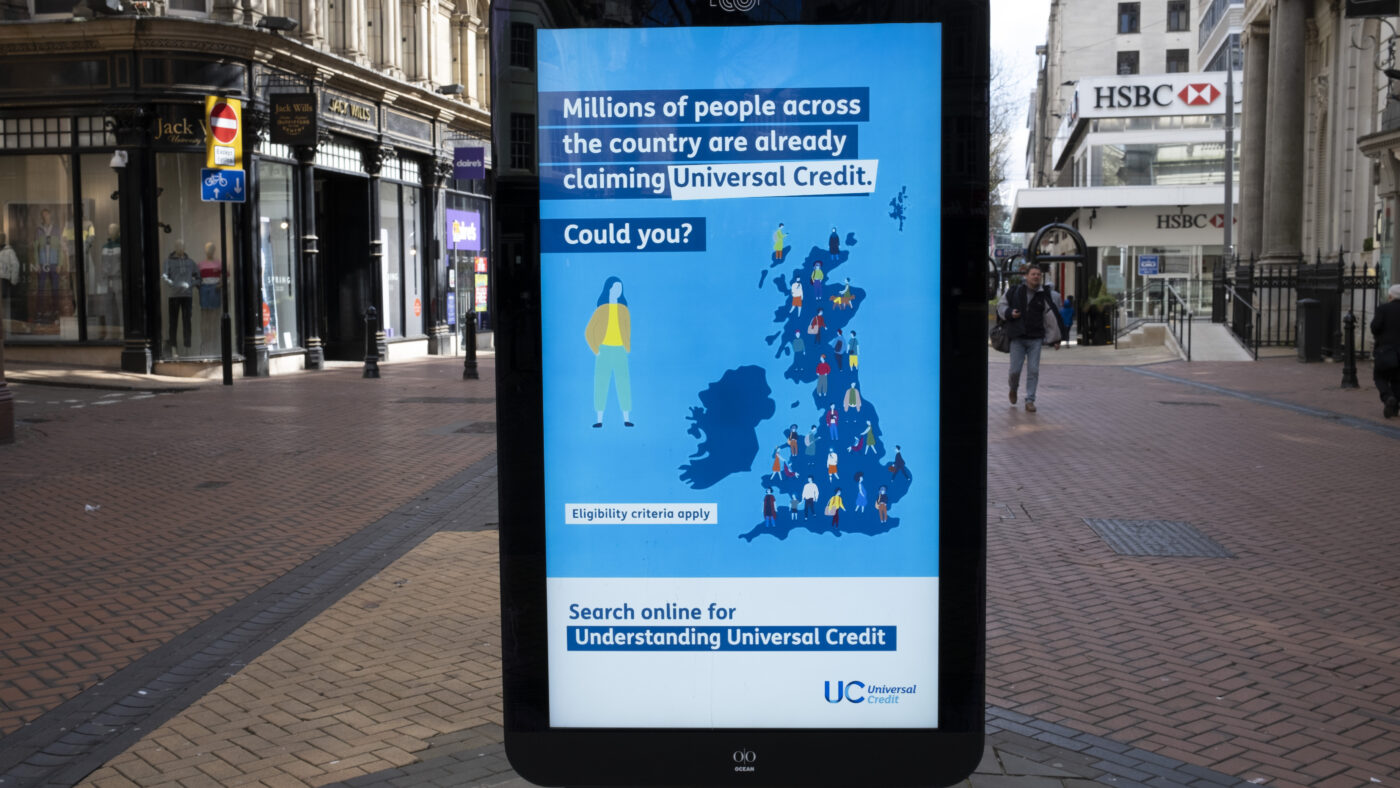This month, eligible households received a cost of living payment. The Government was keen to take to the airways to remind people that it has made this payment – alongside other such payments over the past 18 months – in order to provide support for the most vulnerable during the cost of living crisis. The Government is understandably proud of this. It is of course right to provide extra support for people who are struggling to make ends meet.
However, the Government has been less keen to publicise the fact that it has plunged over a million households into debt. This is because when a person claims for Universal Credit they cannot access any money straight away. In order to tide them over, claimants can apply for an advance to help them with living costs until they receive their first payment. This is obviously a good thing. Unfortunately, it is not a grant from the Government, rather it functions as a loan. The Department for Work and Pensions (DWP) expects this money back and so deducts it from the claimant’s future benefit payments. The amount that people on Universal Credit receive is already pitifully low and is often not enough to adequately support people who find themselves having to go hungry or resort to using food banks. The DWP then exacerbates this by paying these people even less money.
It doesn’t stop there. The DWP will provide money to support people who are just starting a new job. Again, this is a good thing. It helps people be able to buy clothes and meals and thus make the best start to their new job. Unfortunately, in many cases this is also a loan. As such, it is deducted from the claimant’s wages. This is often on top of people seeing deductions from their wages who are still paying off the Universal Credit advance they received from DWP. Not only is this cruel, it is also counter-productive. Universal Credit is supposed to incentivise people to work – and the back to work support is part of this – but why would anyone take advantage of that payment if it means they’ll fall into debt and they’ll earn less money?
Although free-marketeers naturally view welfare payments with a degree of suspicion, we are currently blighted by economic inactivity, and they can be vital in getting people into the labour market. If the Government is serious about providing a true safety net to vulnerable households while also incentivising work, then it needs to change the way our welfare system works. The first place to start should be by ending the requirement to repay advances and support for new jobs. This will relieve the pressure for vulnerable people who will no longer have to make the agonising choice between going weeks without any support or finding themselves in debt. Even if the Government finds this objectionable, it should at the very least wait until claimants are more financially secure before it starts extracting money from their hard earned wages.
It also needs to review the actual amount it pays Universal Credit claimants. As discussed above, people on Universal Credit who have not had their benefits reduced are still struggling to make ends meet, so often find themselves having to rely on food banks. Groups such as the Trussell Trust do fantastic work, but in an ideal world they would not exist. The Government should work with them and the Joseph Rowntree Foundation to ensure that Universal Credit claimants can afford to buy the essentials.
Ultimately, whoever is in power from next year needs to radically reform the benefit system, while ensuring that those who cheat it are punished. Universal Credit has done a good job at simplifying the benefit system and incentivising work. However, it is still needlessly bureaucratic, has failed to stop people from falling through the cracks, and is often cruel and counter-productive. If this is to change, then ending the practice of the state indebting its own citizens would be the obvious place to start.
Click here to subscribe to our daily briefing – the best pieces from CapX and across the web.
CapX depends on the generosity of its readers. If you value what we do, please consider making a donation.


